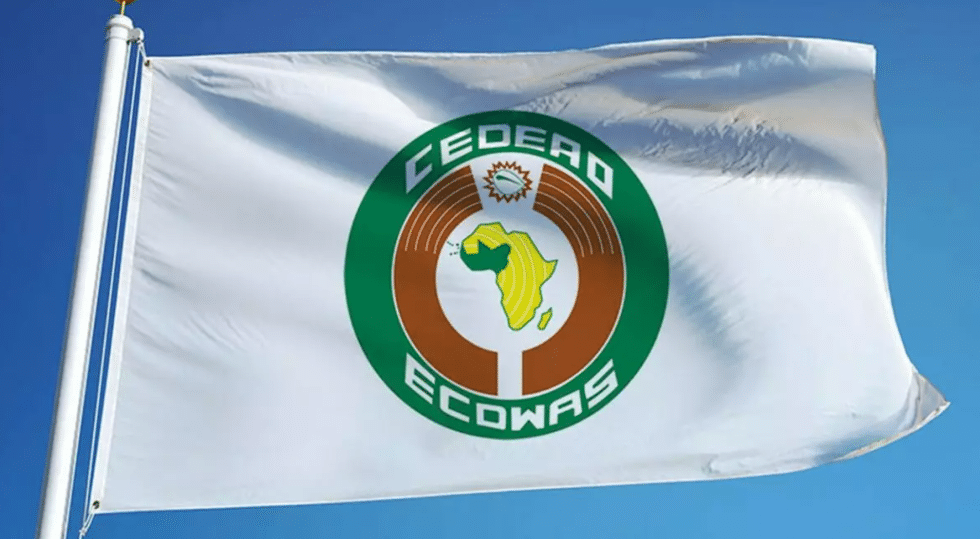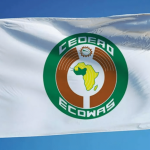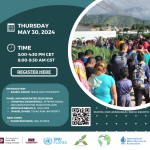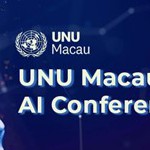Call for Submissions: Is ECOWAS a Tool or an Obstacle to Decolonization? Migration Governance and Beyond

The Economic Community of West African States (ECOWAS) is at the centre of discussions on regional integration in West Africa. As a regional integration organization, ECOWAS's most notable endeavour is the 1979 Protocol on the Free Movement of Persons. Existing studies have examined various dimensions of the organisation's development and challenges. Lavenex and Piper (2022), along with Bisong (2019), suggest examining influences from different levels - "above," "below," and "beyond" ECOWAS. This approach considers external influences from Europe and other organizations, as well as internal influences from civil society, as part of a complex governance system that manages migration. External influences, particularly from the European Union (EU), have been examined in the literature, highlighting the challenges they pose to the vision of a borderless West Africa, especially in the context of the EU's technologically advanced migration control strategies (e.g., Dauchy 2023; Donko et al. 2022). Despite these challenges, the persistence of cross-border movement and the dynamic political economy of West African migration, which fosters a kind of regionalization from below, has been recognized (Arhin-Sam et al. 2022). Attention has also been given to the impact of ongoing conflict and xenophobia, as evidenced by the frequent expulsions of ECOWAS citizens, which violate the protocol and hinder further integration (Aniche 2022; Adepoju 2007; Ekanade 2020; Aniche et al. 2022; Aniche et al. 2023). Recent political events, such as the withdrawal of Mali, Burkina Faso, and Niger from ECOWAS and the elections in Senegal, further complicate these issues (Westcott 2024).
This workshop aims to explore how these and other dynamics influence the scenarios of migration without borders (MWB) and a post-national West Africa discussed in the literature (Adepoju 2007; Aniche et al. 2022). Arhin-Sam and colleagues (2022) have urged the development of unique cross-border mobility systems based on West African realities, cautioning against simply replicating models from other contexts, such as the EU. In the light of this, the key question of the workshop is: to what extent is ECOWAS moving towards or away from the post-nationalism and decolonization scenario described by Aniche and colleagues (2022), and why?
While migration literature is our starting point, we additionally welcome submissions from cognate research fields as long as they engage with the broader question of ECOWAS and (de)colonisation. More specifically, they can (this list is not exhaustive):
- elucidate the role of different actors (e.g. state and non-state) in ECOWAS (migration) governance;
- bring different disciplinary insights, e.g. from political science, sociology, African studies, geography, international relations, etc;
- use primary and/or secondary data to support theories or engage in theoretical/literature/disciplinary discussions;
- address both historical and contemporary developments in ECOWAS’ trajectory;
- advance policy recommendations and/or critical evaluations about the past and future of ECOWAS.
Workshop details
The hybrid workshop will take place in Bruges, Belgium at the United Nations University CRIS and streamed online on 15 October 2024. The aim of the hybrid workshop is that of gathering contributions for their potential inclusion in an edited volume.
Submission Details:
Send by 15 June 2024 to rossella.marino@ugent.be:
- An abstract of up to 300 words.
- A CV of the contributor(s).
- An indication of whether the presenter aims to attend the workshop in person or online.
Applications from scholars affiliated with institutions/located in the Global South and from underrepresented backgrounds are particularly encouraged. Contributions co-authored with activists are also eligible.



